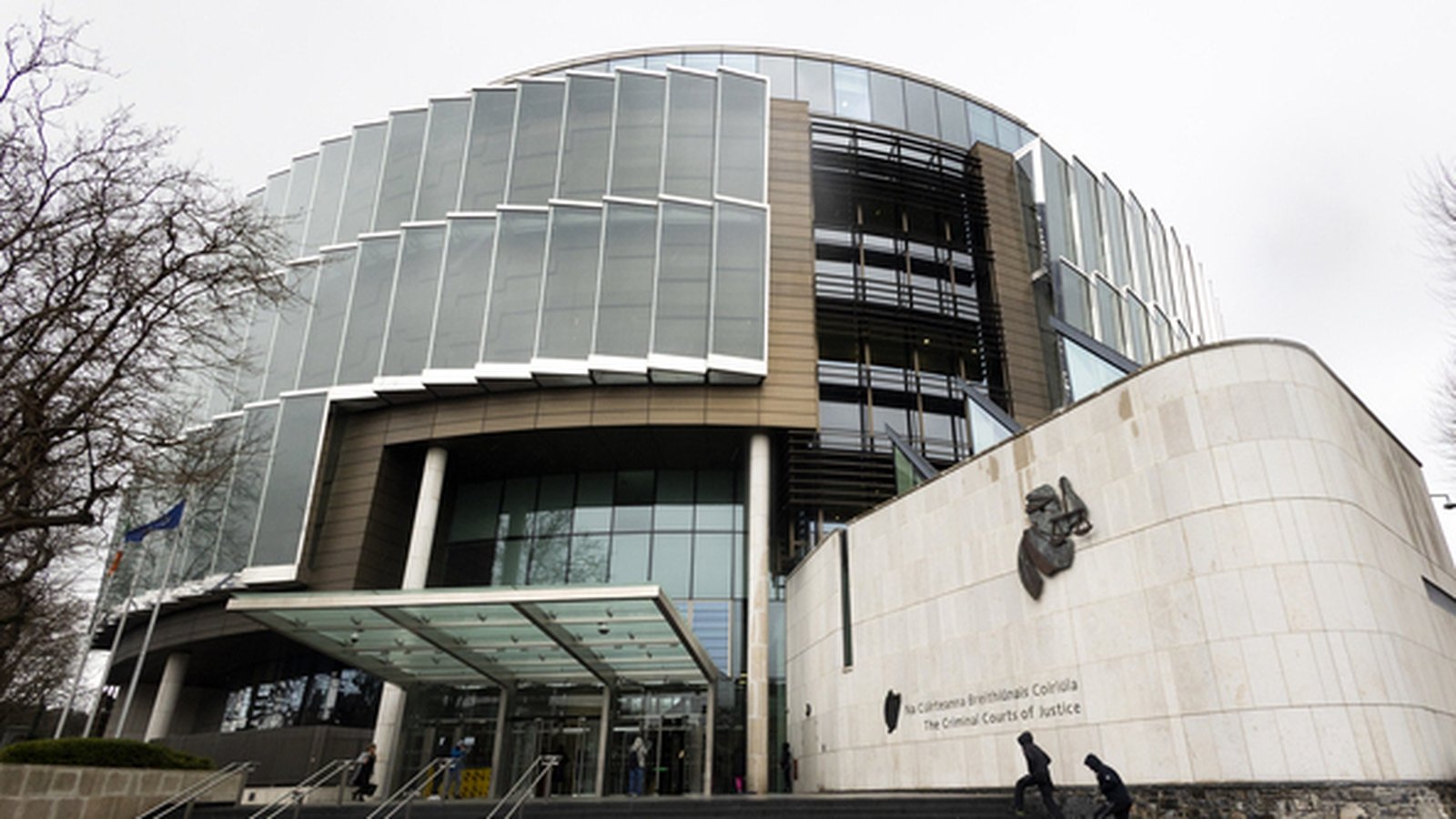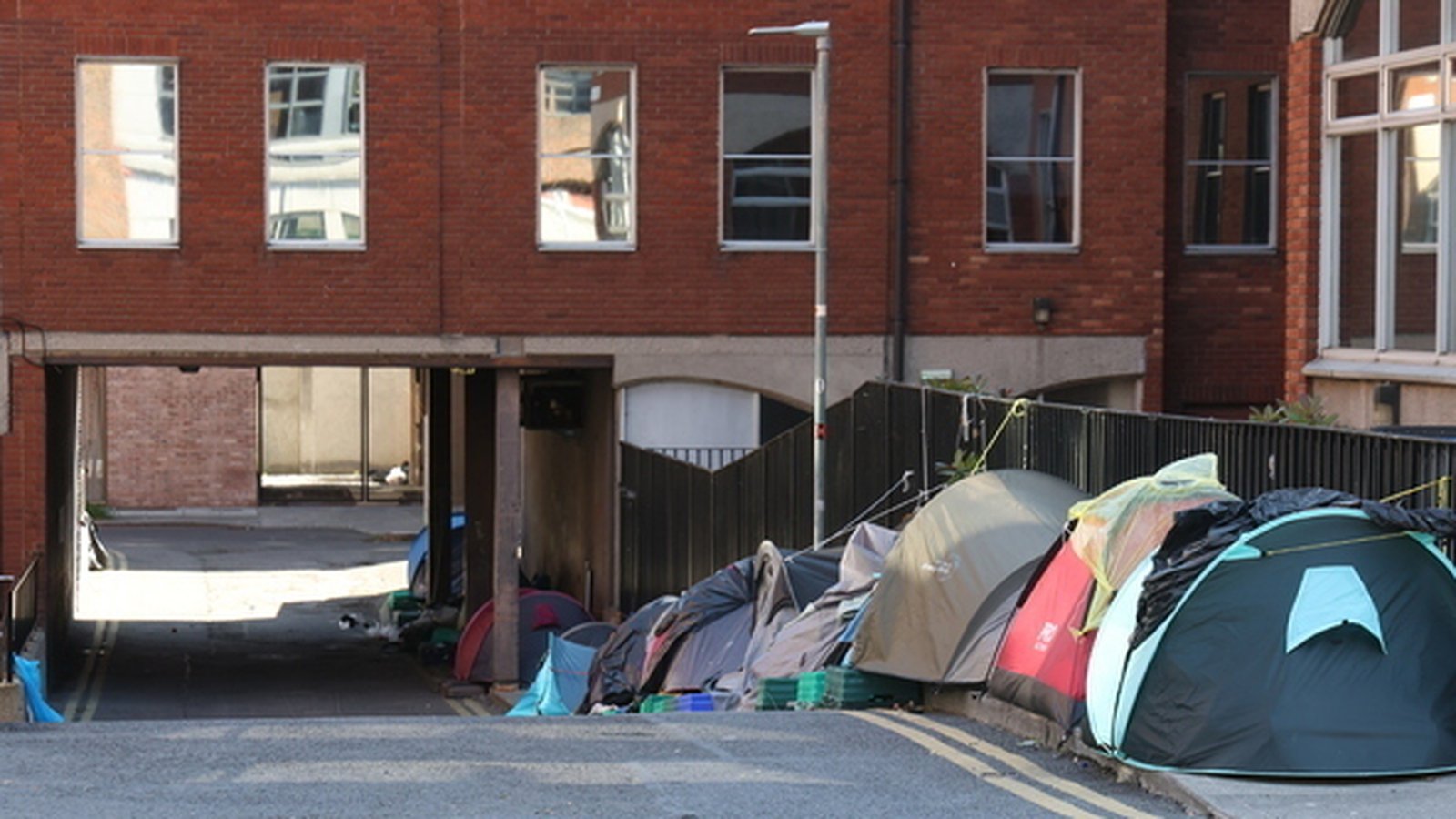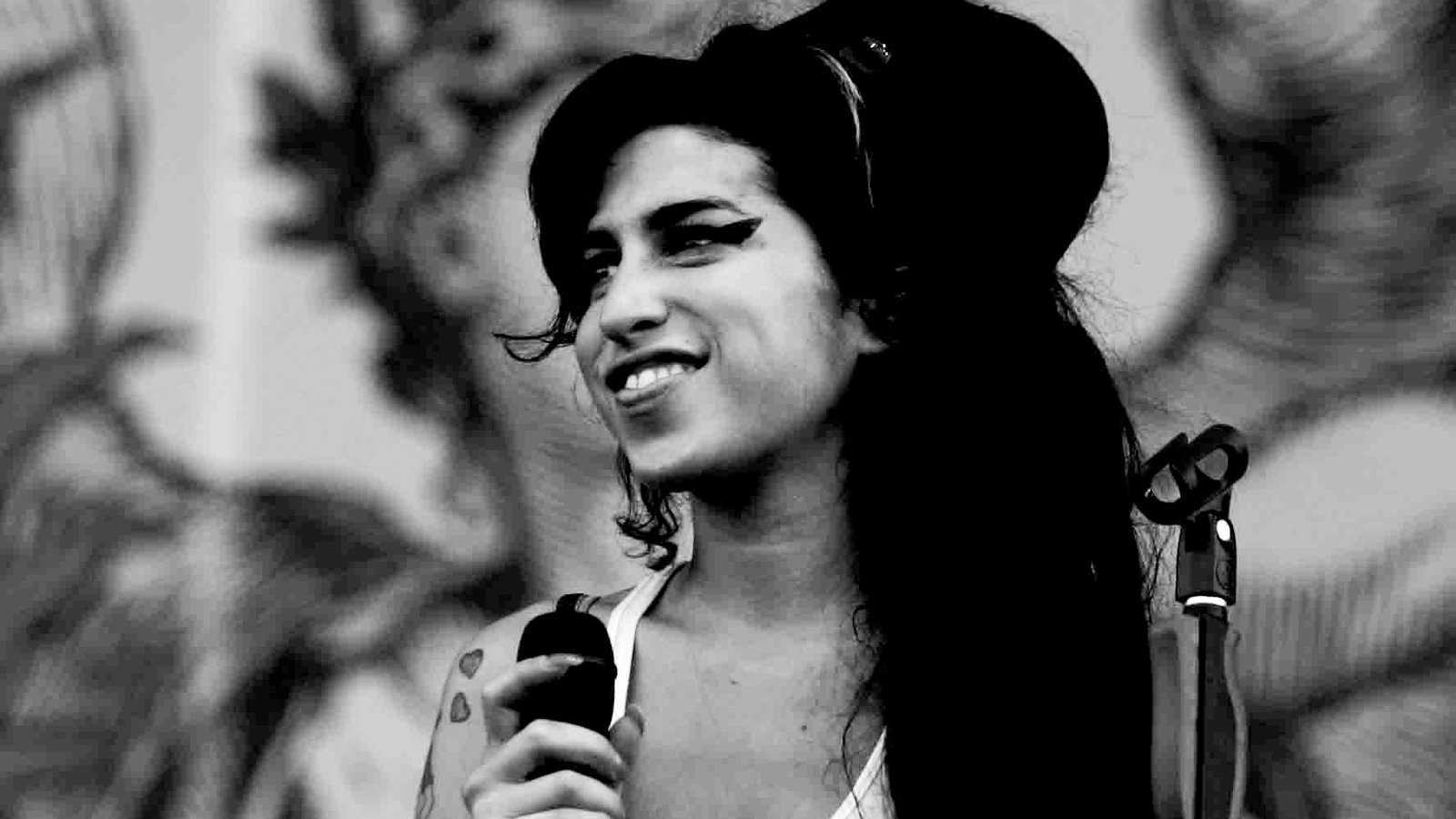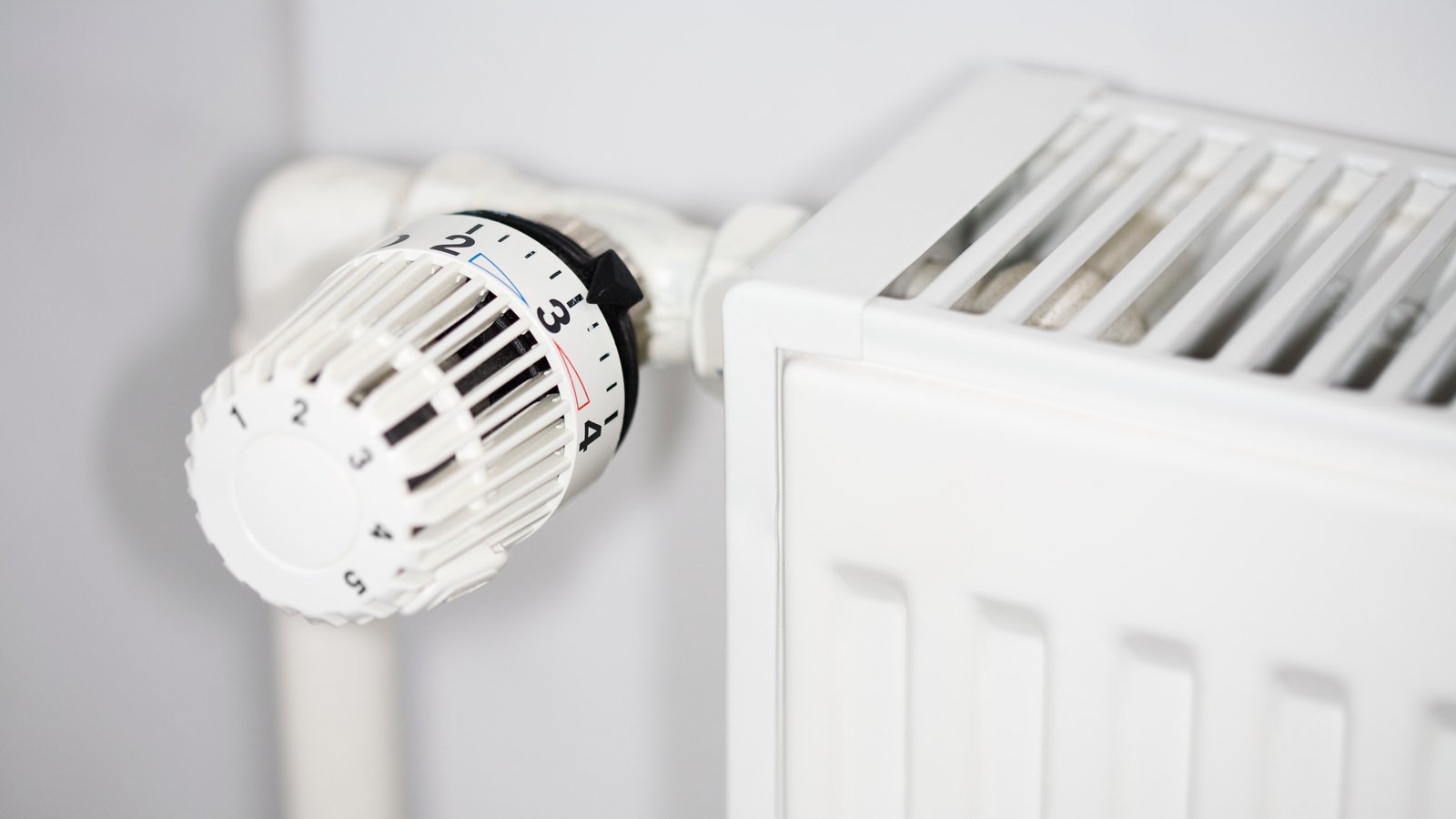When Armagh and Roscommon toured the USA
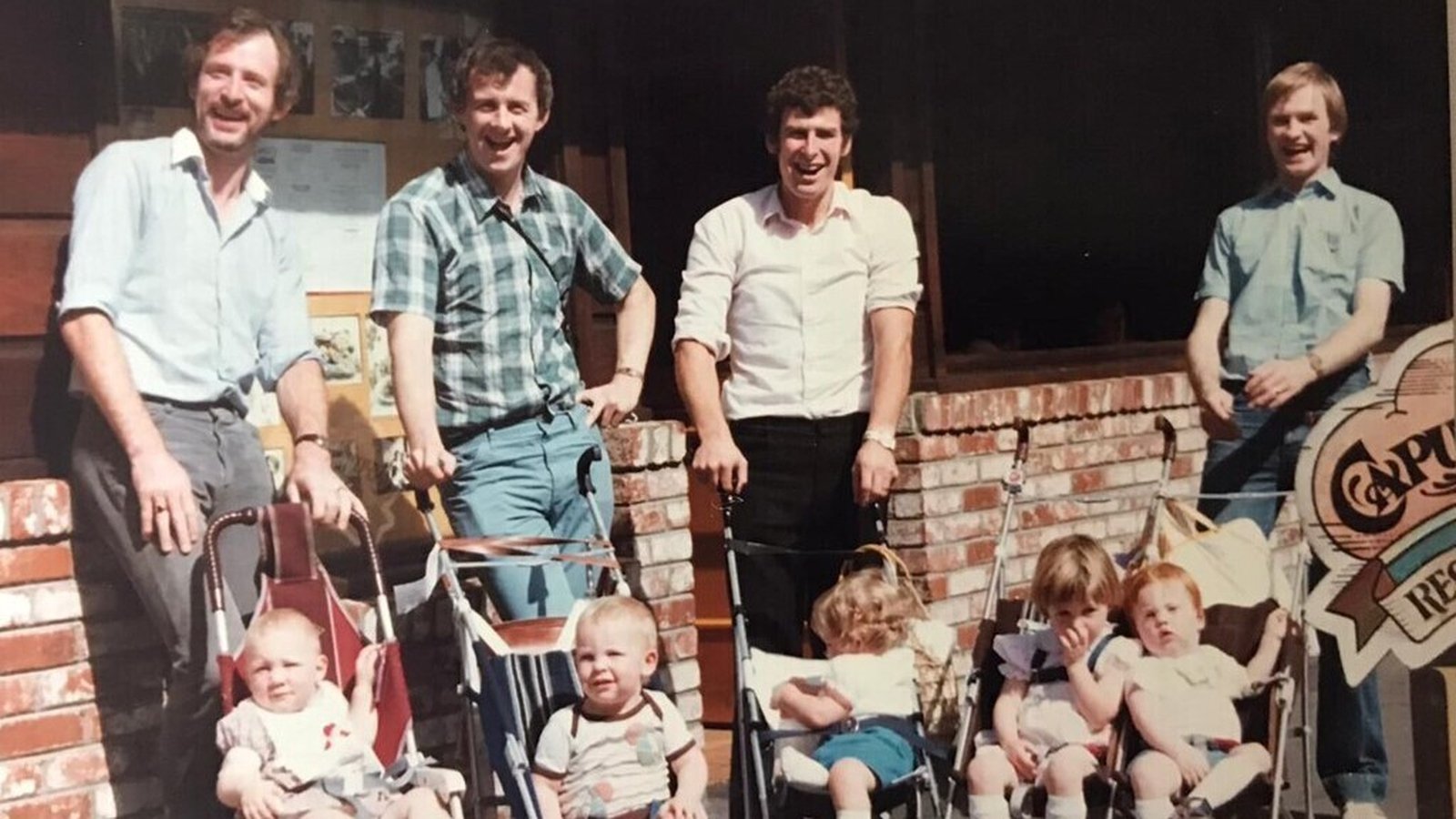
“Although Roscommon beat us, there’s one thing must be said, they won’t forget McMahon and the goal scored with his head.”
Armagh great Jimmy Smyth came home from his team’s 1982 American tour with Roscommon and put pen to paper for a poem (‘Owed to the USA’) reliving the memories of the three-city trip.
Some 42 years later, and with another chapter in the Armagh-Roscommon rivalry to come on Saturday at Croke Park, he’s tempted to dig it out in the lead up to the game, but even if he can’t find the dusty box it was stored in many moons ago, some lines just will stay with him forever.
3 October, 1982, Gaelic Park, New York. Armagh are on the attack against the Rossies and the ball is played across from the right towards the square.
Out of nowhere comes Fran McMahon, playing without boots, and he heads the ball to the net.
“Only Fran,” Smyth laughs when remembering the tour with RTÉ Sport.
That memorable header from the one-time Dundalk striker wouldn’t be enough anyway. Gerry Fitzmaurice grabbed two goals for Roscommon in a 2-12 to 3-07 win and it was the Connacht outfit who lifted the Lefty Devine Memorial Cup – specially presented for the fixture.
That was game one of the tour and came soon after nearly 400 Irish souls had landed in the States – with the Armagh party numbering 210 as players brought entire families with them.
Raffles, draws and other fundraising initiatives helped pay for the trip. One evening, pop band ‘Luv Bug’ were booked for a dance – the group that would go on to represent Ireland at the Eurovision in 1986 with ‘You Can Count On Me.’
We need your consent to load this YouTube contentWe use YouTube to manage extra content that can set cookies on your device and collect data about your activity. Please review their details and accept them to load the content.Manage Preferences
“They hadn’t reached their peak at that stage. A lot of us went but we didn’t get the ordinary public behind us,” Smyth said.
Enough was gathered anyway through the various initiatives and plane tickets were booked, the first of those to the Big Apple.
Walking through Central Park in New York soon after they landed, two-time All-Star Paddy Moriarty was pushing his children Eimear and Patrick when a local stopped him and asked how much for the double buggy having never seen one before.
Outside the famed park, Smyth, Moriarty, Denis Stevenson and Colum McKinstry bumped into the Harlem Globetrotters who were in the middle of a production shoot.
In 1951, the basketball exhibitionists played in front of 75,000 at the Olympic Stadium in Berlin – the biggest attendance for a basketball game to that point, earning them a mention in the first Guinness Book of Records. Little did they realise that the four lads who apprehensively asked for a photo would be used to similar crowds.
It was like a different world but not everyone had been enamoured with the idea of the tour, an ambitious project that grew legs after a few pints one night.
The National League was starting the same month and although All-Ireland champions Offaly and Cavan agreed to postponements for the two absent counties, there were grumbles.
Before heading off, Armagh had put a request in with Down to move back their Division 1 match too, but they were enjoying the sights of San Francisco when word came through that the Mourne County had refused. It meant a league match in Newry a few days after their return with the Mickey McDonald, uncle of Rory McIlroy, converting a late levelling free for Armagh before being sent off in a shocker of a game that saw just 10 scores in all.
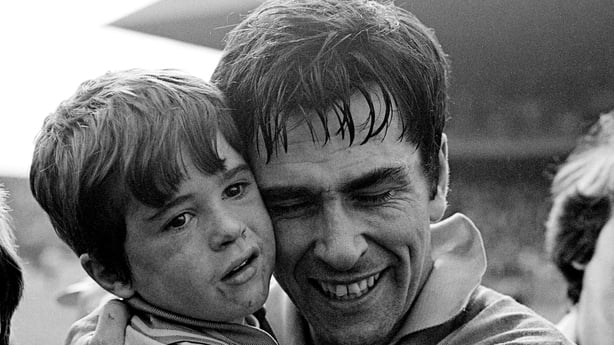
The fatigue carried into that match probably owed more to the post-match activities on the other side of the world than the games themselves.
But as was tradition between the counties at the time, they were tight, hard-fought encounters with the pressure ratcheting up as each city was ticked off.
Tom Heneghan, who would later relocate to Warrenpoint in County Down, just a few miles from the south Armagh-based players, had initiated his intention to step down as Roscommon manager after their 1982 Connacht semi-final loss to Galway, but he still led the side in America.
After their narrow win in New York, the teams drew in San Francisco with the game played at O’Riordan High School.
Then it was onto LA where, around trips to Disneyland for the squads, they met in the township of Downey, named after Roscommon native John Downey who became the seventh governor of California – and the first to be born outside of America.
There, Armagh earned a 0-12 to 0-10 win meaning it was a win, draw and a loss apiece – and the aggregate score was the same.
“For some reason we got the cup anyway, I’m not sure why,” Micheal Finneran told gaa.ie back in 2018.
It’s no surprise Finneran has forgotten the specifics. The organisers needed someone to lift the O’Dwyer Cup as tour winners – and as Roscommon had managed more scores across the three games, they had the honours.
The tightness of the games, even with extra-curricular excursions brought into the equation, shouldn’t have been much a surprise given the counties’ rivalry as the 1970s’ moved into the ‘80s.
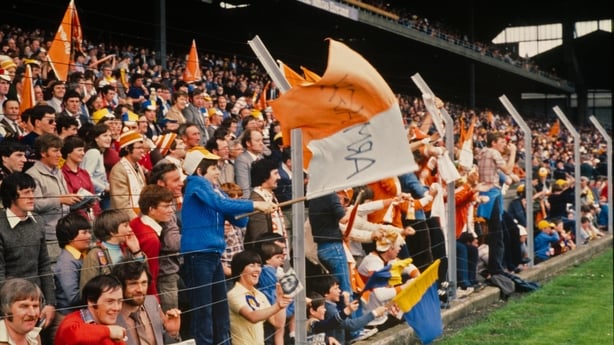
In ’77, it took two games to separate them in the All-Ireland semi-final with Armagh coming from seven down to earn the draw before winning by a point the second time around on a day when two-time major winner Hubert Green was claiming the Irish Open at Portmarnock.
When the counties met in the 1980 semi-final, Armagh led 2-06 to 0-07 at the break and it looked like more heartbreak for the Connacht champions.
The second half though was one of the greatest in Roscommon’s history as they hit 2-13 to win by six points – Tony McManus hitting 1-02 with Finneran stealing the show with 1-08.
Roscommon great McManus looks back fondly on those games, and in particular his hardy battles with the long-haired, headband-wearing Jim McKerr in particular.
The bonds formed between the squads were the encapsulation of that perfect moment in time when teams could try and decapitate each other for an hour and laugh about it over a pint of Guinness that evening. Such a prospect feels completely alien now.
Moriarty was already very close to Mickey Freyne having chummed together on the 1973 All-Star tour.
John O’Gara and Joe Kernan regularly meet.
When McKerr calls into Seamus McKendry’s pub in Roscommon, the host puts the call out to his former Rossie team-mates and a crew arrives to reminisce.
One day after the 1982 tour, Roscommon travelled to Davitt Park in Lurgan to play Armagh in a league game.
Afterwards, Smyth invited Dermot Earley, who wasn’t in America as he was setting off to Lebanon on a peacekeeping mission with the Irish army, to his house nearby for a quick cup of tea.
That ‘quick cup of tea’ wasn’t so quick in the end and as they swapped stories at the table, there was a knock at the door and when it was opened the Roscommon team bus was impatiently waiting outside.
“The camaraderie between the teams from around that time doesn’t seem to be there anymore,” said McManus.
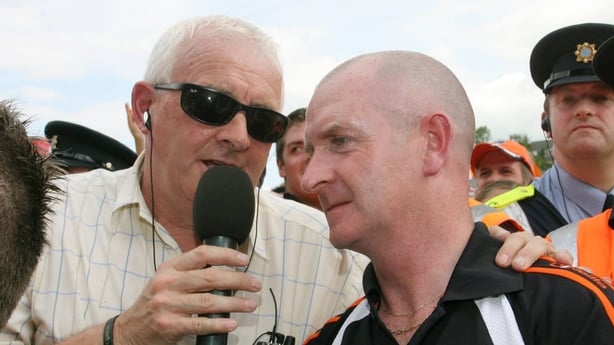
“The likes of Kerry and Meath and Cork – Meath and Cork especially were massive rivals on the pitch but they meet all the time. Offaly and Kerry as well.”
The comradery was certainly present in America, anyway.
“The football was always competitive,” McManus continued.
“We socialised and drank together, we socialised and drank a lot together, but when the matches were played they were taken seriously because there was a good crowd turning up for them.
“It was serious on the field but then right after the craic was good again.
“It was so unusual to have two teams away like that and we bonded so much.
“We had been right rivals around that time, and I don’t know how it took on from there, but it was fantastic.
“The Roscommon people out there were looking after us and likewise the Armagh people in America, but there was still plenty of time for the teams to get together.
“We’d meet in the same pub, the same area, so with the trip being near three weeks that was quite often.
“The more you think of it, the more unusual it was. It never happened again and it will never happen again.”
For Smyth, it was three weeks that he will always cherish – and his poem is a vital memento.
“I read it at the county dinner, ‘Owed to the USA’, not ode, and that’s how I remember most of what happened.
“It was a great way to finish off a period of time for our team. We’d won a couple of Ulsters, been in a couple of National League finals and lost the 1981 Ulster final.
“That group of men did very well for Armagh football and it was a lovely trip to have with those same players.
“A lot of friendships came out of that between the two squads that are still there to this day.”
A special time and unique too. Whatever happens Saturday, it’s hard to see the Roscommon and Armagh players meeting up for a pint after the game. Those days are lost now, but for those 400 or so people back in ’82, memories of a lifetime were created.
Watch The Saturday Game with highlights of the All-Ireland Football Championship quarter-finals on Saturday from 10.35pm on RTÉ2 and RTÉ Player
Watch the All-Ireland Football Championship quarter-finals, Donegal v Louth (1.15pm) and Kerry v Derry (3.15pm), on Sunday from 12.45pm on RTÉ One and RTÉ Player, follow a live blog on rte.ie/sport and the RTÉ News app and listen to commentary on Sunday Sport on RTÉ Radio 1

